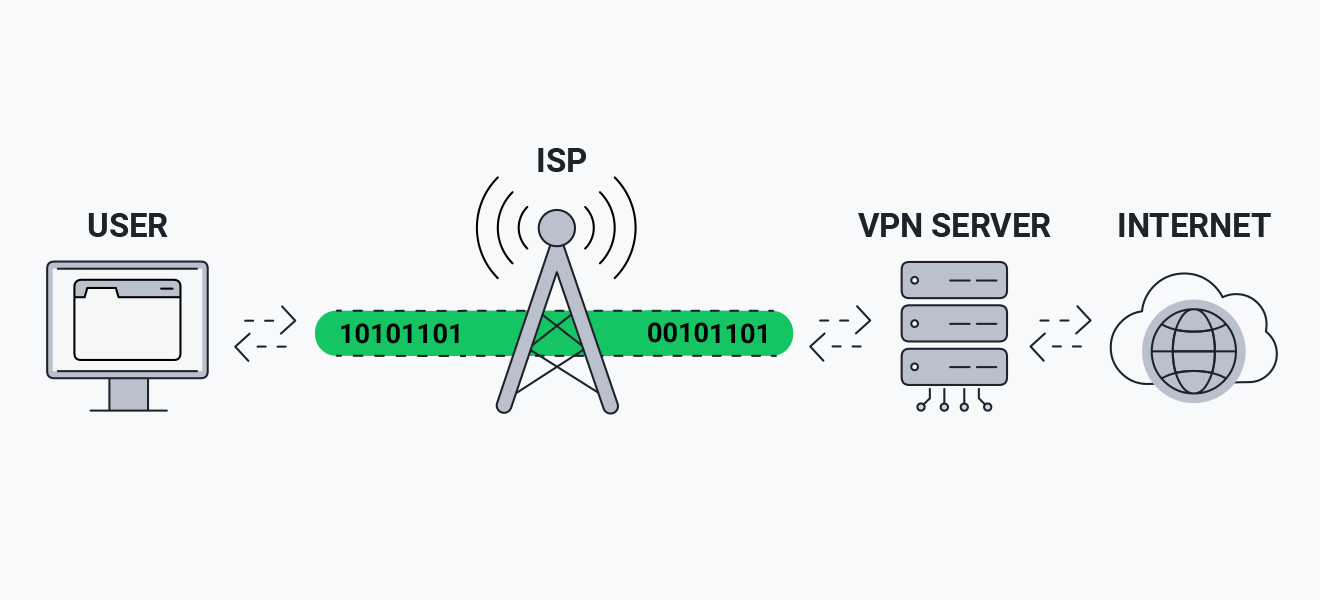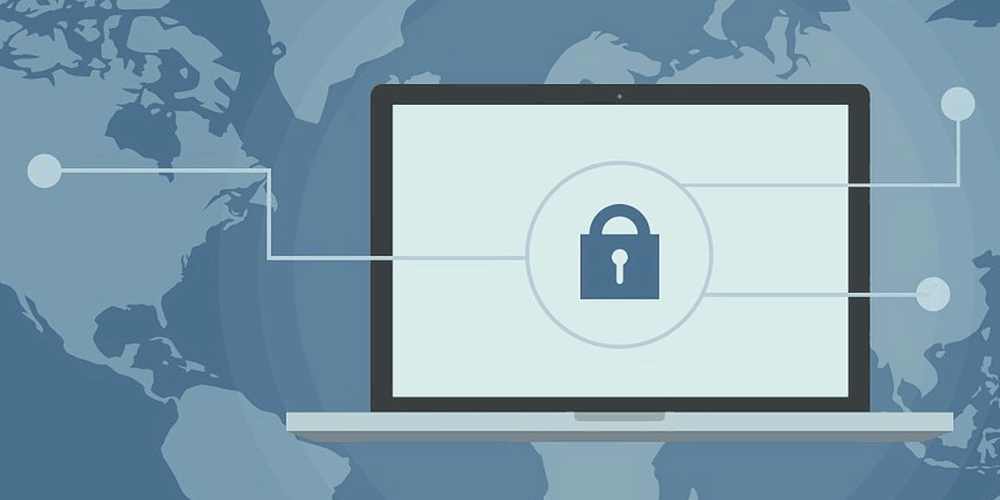When people browser the web through their devices, whatever they're doing can be tracked and traced.
This is because in the modern world of tech and gadgets, spies can work from far, far away. Whenever someone is online, other parties, which can be halfway across the globe, can obtain their online activities - gobbling up any information they may have, including their whereabouts.
Every website people visit while online, can be exposed to the Internet Service Providers (ISPs) they use, or anyone connected to the network for that matter.
One solution out of a few, includes using a Virtual Private Network (VPN).
With the technology, anyone can be anywhere, tricking websites and apps, and access websites their governments and ISPs forbid them. Users cannot be happier.
But this advantages open the gates to a whole different meaning of internet privacy.

This is because to VPN users, they're obtaining a new form of privacy, by trading the privacy they had.
The internet is a huge place that consists of many networks within networks. With the many people using it, everyone is connected to it - from the good people to the bad, everyone is there.
VPN allows users to conceal their identity, making as if they're someone else, or located in a different geographical region.
As an intermediary, VPNs intercept their online activities, and data, in order to do what they have to do.
The thing is, VPNs take the role as something that is sitting between users and their target, meaning that everything about their users is exposed to them.
VPNs have the ability to see and know every single activity users do.
While some VPNs do this so they can anonymize users, not everyone does things as they promised. Sometimes, VPN services keep logs of their users' activities.
In most cases, free VPNs are the worst.
Just like the saying: "if you're not paying for the product, you are the product."
This is the first trust issue.

Many VPNs promise a military grade encryption and the ability to stream content from anywhere.
It’s not just anecdotal that VPN advertisements are everywhere on the internet.
Since the rise of government-imposed internet restrictions, VPN companies have seen massive growth in audience.
For VPN providers, they have the goal to earn revenue, and help users bring the obscure security product into the mainstream. But they're also redefining the meaning of privacy, by adding confusion around the jargon of cybersecurity. And because of this, the second trust issue is that some VPN providers mislead users on how security they really are.
Many people think that they can do whatever they like, visit whatever websites, and no one will ever know what they're doing while using VPN.
While this is not explicitly inaccurate, most of the advertisements featured by many VPN providers, are actually vague or riddled with exaggerated claims on what VPNs could do.
Users must know that all a VPN can really do is mask their IP address, and conceal the identity of their computer on the network by creating an encrypted "tunnel" that prevents ISPs from accessing their browsing data.
By using a VPN, ISPs or governments can only see that users have connected to the VPN server and nothing else.
User activities, IP addresses and everything else, are completely hidden behind an encryption.
Read: Staying Anonymous: Proxy, VPN Or Tor?

However, using VPN is still a one-step solution towards security.
For users who wish to hide their internet data from ISP, or is looking towards a safer browsing activity while connected to an untrusted public network, a VPN would be a worthwhile investment.
In these cases, the trade-off makes sense.
But if users think that by using VPN they can keep their identity secret, or protected from financial exploitation, or experiencing "military-grade encryption," or enjoy some other marketing terms these companies use, they are terribly wrong.
In fact, nothing can protect users from security threats like phishing attacks, or social-media engineering, but themselves.
Before choosing a VPN, it is wise for anyone to first know who is providing it. The best VPNs are those that are both reliable and don't keep any of logs.
Read: Using VPN At The Comfort Of Your Secured Home Internet. Yes Or No?
